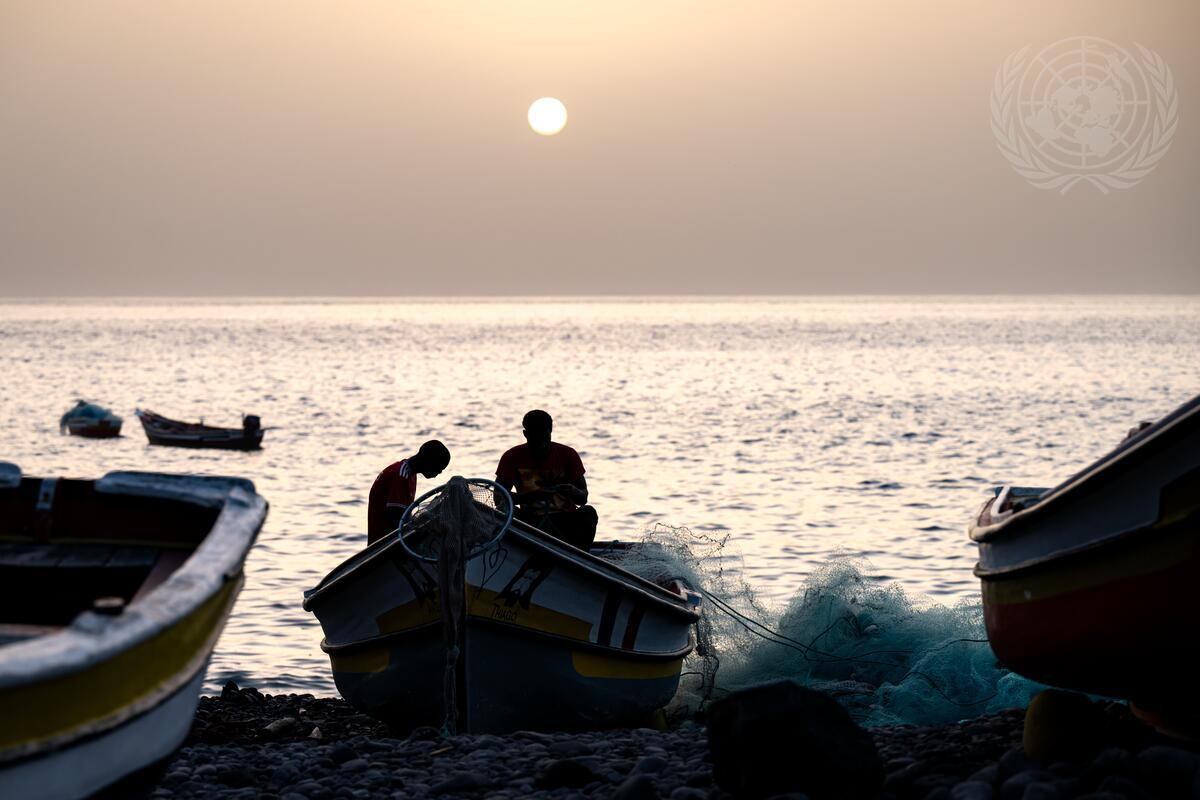Italian government replies to the SR Communications of 2023

Italy’s Response to the Joint Communication AL ITA 3/2023 (ENEL-led dam project in Colombia)
As mentioned in the 2023 Italian Yearbook of Human Rights, a communication was jointly addressed to the Italian government on 18 July 2023 by Special Rapporteurs Mary Lawlor, Pichamon Yeophantong, David R. Boyd and Irene Khan regarding the attempt on the life of human rights activist Alirio Perdomo, working in the Association of Individuals impacted by the El Quimbo Hydroelectric Initiative (ASOQUIMBO), in Central Colombia. The communication mentioned that the ENEL-led Hydroelectric Project has caused a radical reduction in the fish population in the rivers, which has gravely affected the livelihoods of many people. This has led the populations of the affected municipalities to organise themselves in ASOQUIMBO to defend their human rights. The communication specifically pointed out the case of Mr Alirio, who was shot a few hours later after recording a video documenting the fish mortality resulting from the operations of the Betania Dam and the Hydroelectric Project. The Rapporteurs also raised concerns about his and his family’s displacement after the incident.
The Italian government submitted its response on 18 January 2024. Italy reaffirmed its commitment to maintaining a transparent and accountable dialogue with UN Human Rights Mechanisms. It also provided detailed information regarding the ongoing implementation of the Second National Action Plan on Business and Human Rights (2nd NAP-BHR), adopted in December 2021, which aims to enhance the implementation of the UN Guiding Principles on Business and Human Rights through a series of complementary measures. According to the response, the NAP outlines nine key priority areas, including the promotion of fundamental rights through business activities along the supply chain at local, national, regional, and global levels, as well as the prevention of exploitation of vulnerable groups, such as women, children, and LGBTQ+ communities.
The response also mentions that the implementation is overseen by the Working Group on Business and Human Rights under the Inter-ministerial Committee for Human Rights (CIDU), which convenes biannually. The response states that stakeholder engagement was ensured to review the outcomes of the first NAP and to draft the second NAP. Thus, the stakeholders involved in the consultative process included trade unions, businesses, civil society organisations and human rights defenders. Italy concluded the response by reiterating its continued commitment to cooperating with the UN Special Procedures.
Italy’s Response to Communication AL ITA 4/2023 (Resian-speaking community linguistic rights)
The 2023 Yearbook also mentioned the communication sent by Special Rapporteurs, which addressed the alleged lack of protection of the Resian language and identity, in the autonomous region of Friuli-Venezia Giulia. The communication was addressed by Special Rapporteurs in the field of cultural rights, on the right to education, and minority issues on 18 September 2023. The Italian government submitted its response on 18 April 2024. The response notes that Articles 3 and 21 of the Italian Constitution address the issue of language, while Article 6 specifically mandates the protection of linguistic minorities. The response also mentions several legislative frameworks like Law No. 482/1999 which recognises and protects 12 historical linguistic minority groups; Law No. 38/2001 which provides specific protection for the Slovene linguistic minority, including the Resian community, and Friuli-Venezia Giulia Regional Law No. 26/2007, which implements further protection and funding for linguistic and cultural initiatives in support of Slovenian-speaking populations, including the groups speaking variants of Slovenian, like the Resian community.
Regarding the Resian community, the Italian government, in its response, stated that although they are not recognised separately under Law 482/1999, the community is granted active protection under laws that address the Slovenian minority. It also mentions that Resian identity and language are protected through regional law and various social initiatives. The educational institutions in Val Resia integrate Resian language teaching through participation in ministry-funded projects. The response reiterates that Italian legislation is in line with international standards and instruments like the OSCE documents, the Framework Convention for the Protection of National Minorities, and the European Convention on Human Rights. Finally, the response mentions that three parliamentary bills concerning the ratification and execution of the European Charter for Regional or Minority Languages are currently being reviewed in the Parliament.

